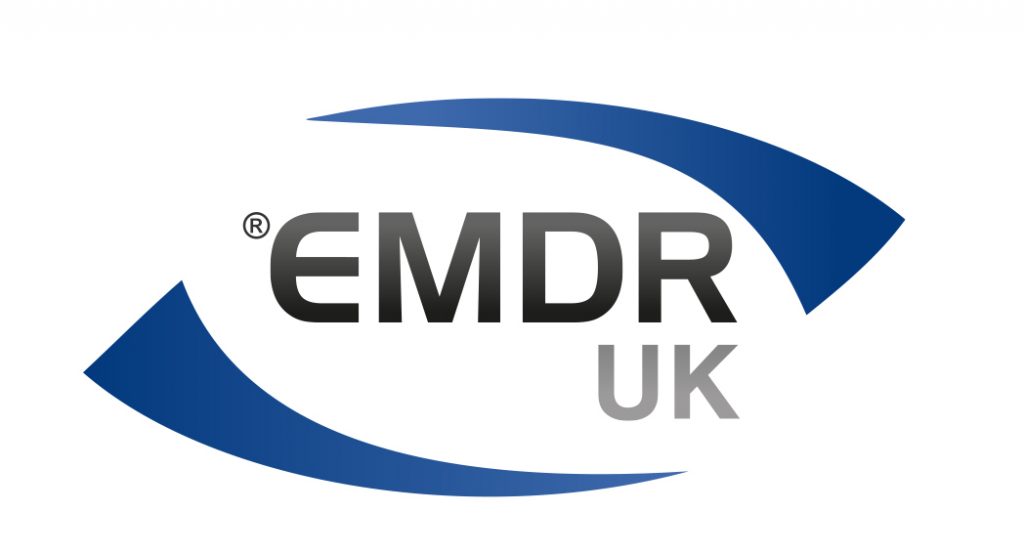Introduction to Counselling and Clinical Psychology differences
Perhaps the most common point of confusion for people who want to start therapy is the difference between Counselling and Clinical Psychology. It’s not only clients who are unsure, healthcare professionals and even therapists themselves often struggle to explain the difference. People use the terms as if they were interchangeable and often people use the term ‘Counsellor’ to refer to any sort of talking therapist.
Counselling and Clinical Psychology are actually two different approaches to therapy, although there is some overlap. They draw on different theories and traditions. They are also two different professions with their own training routes, qualifications, job titles and regulatory bodies.
This article aims to clarify the differences between the two from the perspective of a Clinical Psychologist*.
The different backgrounds of Counselling and Clinical Psychology
Modern Counselling began to take shape in the 1940’s in America and was heavily influenced by the work of Carl Rodgers (Moynihan, 1993). Rodgers believed that an accepting, supportive relationship between a Counsellor and a client could help the client to gain insight or understanding of their situation. This insight could then help them to make the changes necessary to reach their potential. The Counsellor’s job is to assist the client in making their own decisions and solving their own problems. This is based on the belief that the client knows what is best for them; the wisdom is in them and the Counsellor’s job is to help bring it out. They do this by asking questions, listening and offering emotional support.
Modern Clinical Psychology began in the 1890’s, also in America (Reisman, 1991). Originally it was based in laboratories and focused on developing a scientific understanding of how the mind works. It was not until the 1940’s when therapy became a major part of the profession. This scientific foundation remains a big part of Clinical Psychology today. Psychological therapy is based on scientific research and aims to change the way clients think, feel and behave. My job is to show clients where things are going wrong and what they can do differently to make changes and become more satisfied with their lives.
How do Counsellors and Clinical Psychologists work?
A Counselling session and a Psychology session can look very similar on the surface. Two people sit across from each other in a room and talk. There are some differences however. In a Counselling session, the client often sets the agenda and decides what is going to be discussed. In a Psychology session I will bring topics that I feel are important to help the client achieve their goals. This difference is a result of the idea mentioned before: in Counselling the client is seen as more of the expert, in psychology, the psychologist is. Due to the scientific background of Clinical Psychology, we are more likely to use questionnaires, structured assessment tools and worksheets.
Another consequence of this difference in perspective is that I often assign home tasks for the client to do between sessions. In order to make changes to patterns of thinking and behaviour, one hour a week is not enough. People have to practice coping skills or different ways of responding to stress between sessions too. In my opinion this development of new habits is the main way that people make lasting changes.
In Counselling, changes are thought to come from the development of insight and understanding. They can also come from processing difficult experiences through talking about them out loud and from having the emotional support of another person.
How do you become a Counsellor or a Clinical Psychologist?
There are lots of different training programmes and qualifications aimed to help Counsellors develop their skills and demonstrate their competency (BACP, n.d.). ‘Counsellor’ is not a protected title however and you do not need any formal training or experience to call yourself one. Counselling has a rich tradition and is a highly skilled profession; there are many experienced and effective Counsellors. It is standard for professional Counsellors to be registered with a regulatory body such as the BACP. Achieving this registration requires a lot of hard work.
There is only one way to become a Clinical Psychologist and that is through the doctoral training programme (National Careers Service, n.d.). This 3 year post-graduate training programme combines academic study and clinical placements and entitles people to use the ‘Doctor of Clinical Psychology’ title. An undergraduate degree in Psychology is necessary to be accepted on to the programme which means that the average new Clinical Psychologist will have been studying and practicing for approximately 8-10 years. In this way, Clinical Psychology training is more similar to medical training than Counselling.
How do you choose between a Counsellor and a Clinical Psychologist?
Both Counselling and Clinical Psychology have the potential to help people to improve their lives. So how do you choose? My advice is this:
If someone does not have a specific problem but is interested in maximising their potential, if they want to process difficult experiences such as grief, loss or other major life events, if they want to understand their experiences and talk about them in detail, then I think Counselling is a good choice.
If someone has a recurring or urgent problem such as trauma or severe anxiety, if they want to develop new coping skills and learn different ways to respond to stress, then I think Clinical Psychology is a good choice.
An important factor is cost. Partly due to the difference in the training demands, the fees charged by each profession tend to vary significantly. Counsellors may charge around £50-60 per session whereas Clinical Psychologists may charge twice as much, £100-120 per session. Counselling engagements tend to involve more sessions however; I see clients for an average of 12 sessions whereas some people may see the same Counsellor for years.
Finally, one of the main activities of Clinical Psychologists is Psychological Assessment. This typically involves questionnaires and an assessment interview with the goal of determining something specific about the client’s psychological situation. For example, Clinical Psychologists may assess if someone is experiencing trauma as a result of an accident at work. This assessment could then be used in court or to access financial support etc. If you need a specialist assessment, then a Clinical Psychologist is usually the best choice.
If you still are not sure, then contact the therapist and talk these points through with them. Most therapists are happy to have a brief chat and answer any questions before you arrange an appointment.
Thanks for reading,
Andrew
Dr Andrew Morgan, Clinical Psychologist
*A lot of what I am going to say here is my personal view and other people within either profession will have different opinions. There is a lot of overlap between individual Counsellors and Psychologists and everyone has their own personal style. There is more nuance to this topic than can be covered in such a short article. As such, this is intended to be a helpful guide for potential clients, not an exhaustive account.
References
1: Moynihan, C. (1993). A history of counselling. Journal of the Royal Society of Medicine, 86(7), 421-423.
2: Reisman, J. M. (1991). A history of clinical psychology. Taylor & Francis.
3: BACP. (n.d.). Training to become a counsellor or psychotherapist. https://www.bacp.co.uk/careers/careers-in-counselling/training/
4: National Careers Service. (n.d.) Explore careers: Clinical Psychologist. https://nationalcareers.service.gov.uk/job-profiles/clinical-psychologist/


Leave a Reply